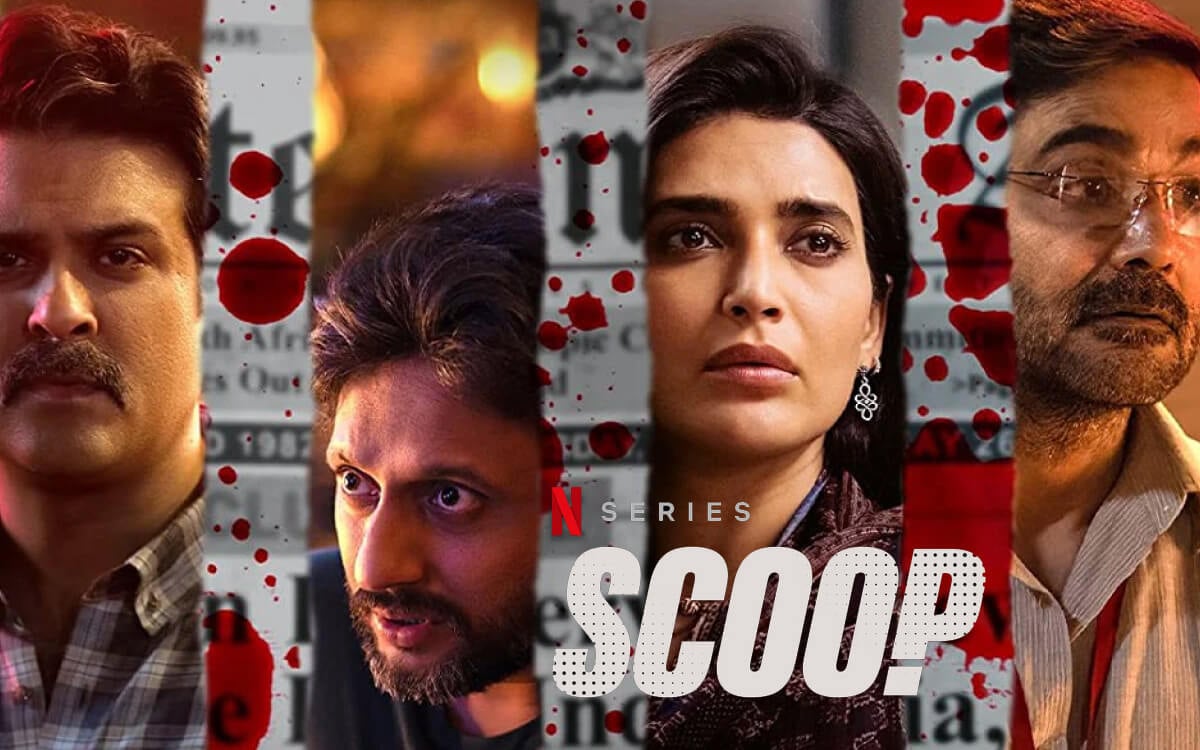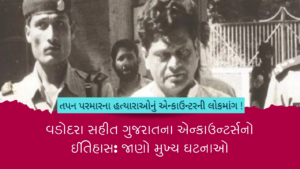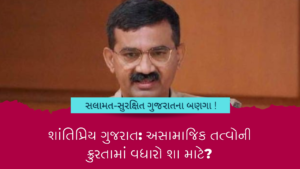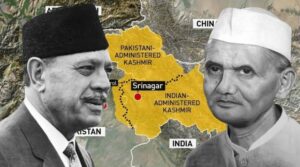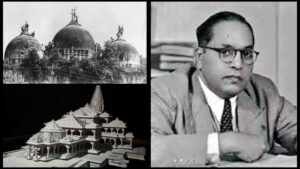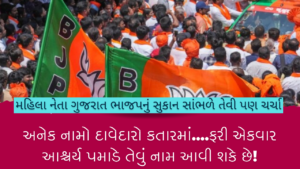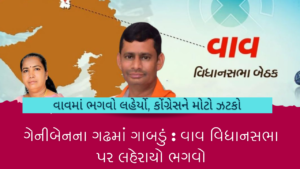Scoop, a drama series created by Hansal Mehta begins with a black and white image of a crowded Mumbai train station. When a newspaper is purchased, a delighted grandfather of a female journalist notices his granddaughter’s first by-line on page six. The main page is all that matters, she tugs him away in a jiffy. She further says that nobody really notices if you make even a spelling error on page six. The grandfather responds, “A retired grandfather will notice spelling error of his granddaughter on any page.” This episode brings back memories of the early years of a journalist, when by-lines were highly sought for, particularly during the internship and traineeship years.
What’s it about?
The infamous “J Dey Murder Case” from 2011 is the subject of this movie. Jyotirmoy Dey, playing Jaideb Sen (Prosenjit Chatterjee), popularly known as “Commander J” in the Mumbai Underworld Crime Investigation. Jigna Vora transforms into Jagruti Pathak (Karishma Tanna), a ruthless reporter who consumes page one every day. She has contacts with both the worlds; Mafia and the Police, and for whom “scoop” is not a big task.
 Hussain Zaidi takes on the role of Imran Siddiqui, a member of the aristocratic class of journalism and Jagruti’s boss at Eastern Age (formerly The Asian Age), played by Mohammed Zeeshan Ayyub. Imran Siddiqui is someone who you’d feel might bring back the news in the news. Scoop tells the story of a powerful media figure who experiences the unfair treatment of the “media trial” and how she managed to survive it while failing to revive her career. It is about the fight between Mumbai Police, the Underworld, and Yellow Journalism, in which one lady, Karishma Tanna landed a knockout punch.
Hussain Zaidi takes on the role of Imran Siddiqui, a member of the aristocratic class of journalism and Jagruti’s boss at Eastern Age (formerly The Asian Age), played by Mohammed Zeeshan Ayyub. Imran Siddiqui is someone who you’d feel might bring back the news in the news. Scoop tells the story of a powerful media figure who experiences the unfair treatment of the “media trial” and how she managed to survive it while failing to revive her career. It is about the fight between Mumbai Police, the Underworld, and Yellow Journalism, in which one lady, Karishma Tanna landed a knockout punch.
The striking newsroom reality
Scenes of the newsroom will undoubtedly transport you back to the world of a print media organisation or agency. The office of Jagruti Pathak (Karishma Tanna) at Asian Age will make you think of the fundamental office layout of a print media house. Also, the ethics which she follows, of never revealing a source is something that is noticeable.
The “Front Page Matters” hurry quickens Anu Singh Choudhary’s screenplay’s narrative, which is written by Mrunmayee Lagoo Waikul and Mirat Trivedi. Hansal Mehta provides his characters a BlackBerry (likely an 8520), which was advertised as the working class phone in the 2010s, in order to keep survival to a minimum.
The author has the guts to depict how the founding editor of one of the most influential newspapers in the nation states clearly that “Government is our biggest advertiser.” The show has the guts to demonstrate how a newspaper’s resident editor may ask his boss if the CMO or he is checking the copies.
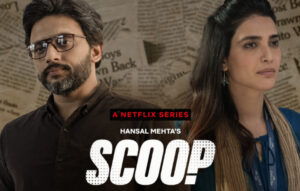 Imran quotes a saying that goes, “If someone says it’s raining, and another person says it’s dry, it’s not your job to quote them both. Your job is to look out of the *ucking window and find out which is true.” Journalists are not supposed to believe and write everything on what the others are saying but verify the facts themselves.
Imran quotes a saying that goes, “If someone says it’s raining, and another person says it’s dry, it’s not your job to quote them both. Your job is to look out of the *ucking window and find out which is true.” Journalists are not supposed to believe and write everything on what the others are saying but verify the facts themselves.
Julian Assange, founder of WikiLeaks, is reported as saying: “If journalism is good, by default, it will be controversial. If it’s controversial, by default, it is good journalism.” Ironically, this series is both “controversial” and “good journalism.”
Scoop does not harbour any animosity against journalists unlike other mainstream portrayals. It respects the profession and recognises the risks involved, but it also criticises the present tendency of controversy-happy, click bait media for creating a volatile environment. Truth does not exist; only opinions do. Fewer facts and more rumours. It’s all a part of the bustle. Right up until the spine-tingling closing credits, Scoop is a riveting, thought-provoking series that was masterfully put together by a director in complete command of his craft. While some reports mostly require guts, all reports require evidence.
Women in the male dominated industry
We are all aware that some journalists will use any means necessary to get their scoop. In any organisation, these reporters are the ones who are most valued, particularly if you work as a journalist for a newspaper or television. They value their sources and believe in on-the-ground reporting. Additionally, the competition is fierce if you work as a crime reporter, particularly if you are a woman because you are constantly dealing with the office’s boys’ club.
 They don’t like the notion of you taking over the spotlight, so they start smearing your reputation by claiming that the reason you made page one was likely due to a unique relationship you had with your employer, that you bought off a source, or that you planted the story for your own gain. The accusations are serious and occasionally inescapable. So, one must be ready to embark on the challenging path of being a female crime reporter.
They don’t like the notion of you taking over the spotlight, so they start smearing your reputation by claiming that the reason you made page one was likely due to a unique relationship you had with your employer, that you bought off a source, or that you planted the story for your own gain. The accusations are serious and occasionally inescapable. So, one must be ready to embark on the challenging path of being a female crime reporter.
Not just a reporter, Scoop also has another woman working in an MNC suffering from nasty comments post her promotion. We still have a long way to go for an unbiased society. Shikha Talsania delivers the goods as Pathak’s friend and spiritual guru behind bars, who’s angling for a central minister’s post—a character adapted from Sadhvi Pragya Thakur.
Scoop is more of a character driven series where the procedure takes a back seat. From Jagruti Pathak (Karishma Tanna) to Harshvardhan Shroff (Harman Baweja), every character has a special role to play.

